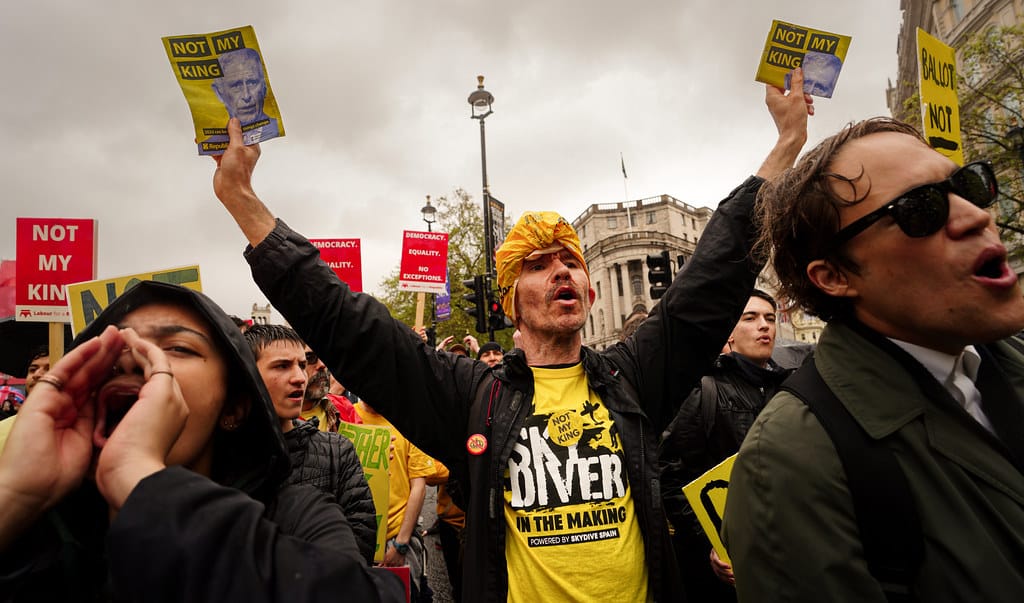Why We're Ignoring the Climate Crisis: The Science Behind Our Dangerous Complacency
A groundbreaking new study reveals why humanity continues to underestimate the urgency of climate change, despite mounting evidence of its devastating effects. Researchers have confirmed what many suspected: we're experiencing a real-world version of the "boiling frog" phenomenon, where gradual environmental changes make us dangerously oblivious to the crisis unfolding around us.
The Psychology of Gradual Change
The boiling frog metaphor suggests that a frog placed in gradually heating water won't notice the temperature rise until it's too late to escape. While this doesn't actually happen to frogs, the psychological principle appears frighteningly accurate when applied to human responses to climate change.
New research published in the Journal of Environmental Psychology demonstrates how our brains are evolutionarily wired to respond to immediate, dramatic threats while struggling to process slow-moving dangers. The study, conducted across multiple countries with over 3,000 participants, found that people consistently underestimate environmental risks that develop incrementally over time.
"Our cognitive systems evolved to detect sudden changes in our environment," explains Dr. Sarah Chen, the study's lead researcher. "A tiger jumping out of the bushes triggers immediate action, but a gradual temperature increase over decades doesn't activate the same alarm bells."
The Numbers Don't Lie
The study's findings are particularly troubling when viewed alongside climate data. Global temperatures have risen by approximately 1.1°C since pre-industrial times, but this seemingly modest increase masks dramatic changes:
- Arctic sea ice is declining at a rate of 13% per decade
- Sea levels have risen 20cm since 1900, with acceleration in recent decades
- Extreme weather events have increased by 70% since 2000
Yet participants in the study consistently rated these gradual changes as less urgent than hypothetical sudden environmental disasters, even when the long-term consequences were identical.
Real-World Evidence of Our Blind Spots
The research aligns with observable patterns in public behavior and policy responses. Despite scientists' increasingly urgent warnings, global carbon emissions continue to rise. The disconnect between knowledge and action suggests something deeper than mere denial or economic interests.
Consider Australia's response to bushfires. The catastrophic 2019-2020 fires prompted immediate action and international attention, yet decades of gradually increasing fire risk and longer fire seasons had generated relatively little sustained response. This pattern repeats globally: dramatic events capture attention while gradual degradation goes largely unnoticed.
The Temperature Timeline Trap
One of the study's most striking findings involved participants' perception of temperature changes over time. Researchers presented two scenarios: one where temperatures increased by 3°C over six months, and another where the same increase occurred over 30 years. Despite identical endpoints, participants rated the slower change as significantly less concerning.
This "timeline trap" helps explain why climate projections often fail to motivate immediate action. When scientists warn of 2°C warming by 2050, our brains struggle to process this as the emergency it represents. The gradual timeline actually works against the urgency of the message.
Breaking Through the Psychological Barrier
The research offers hope along with its sobering conclusions. The study identified several strategies that can overcome our cognitive blind spots:
Visualization techniques that help people experience future conditions in the present moment proved most effective. Participants shown immersive simulations of their own neighborhoods under climate change scenarios demonstrated significantly higher motivation for action.
Comparative framing also showed promise. When researchers presented climate change impacts alongside equivalent sudden disasters, participants better grasped the severity of gradual changes.
Personal relevance emerged as crucial. Abstract global temperature increases meant little to participants, but specific local impacts—flooding in their neighborhoods, heat stress affecting their daily routines—triggered stronger responses.
The Path Forward
Understanding our psychological limitations around gradual threats doesn't excuse inaction, but it does provide a roadmap for more effective climate communication. The study suggests that successful climate advocacy must work with human psychology, not against it.
Rather than simply presenting data about future warming, effective messaging might focus on making invisible changes visible, connecting abstract projections to personal experience, and creating urgency around what feels like gradual change.
The boiling frog effect isn't inevitable—we can learn to recognize the water heating around us. But first, we must acknowledge that our instincts may be working against us in humanity's greatest challenge. The temperature is rising, and now we know why we haven't been paying attention. The question is: what will we do with this knowledge?

